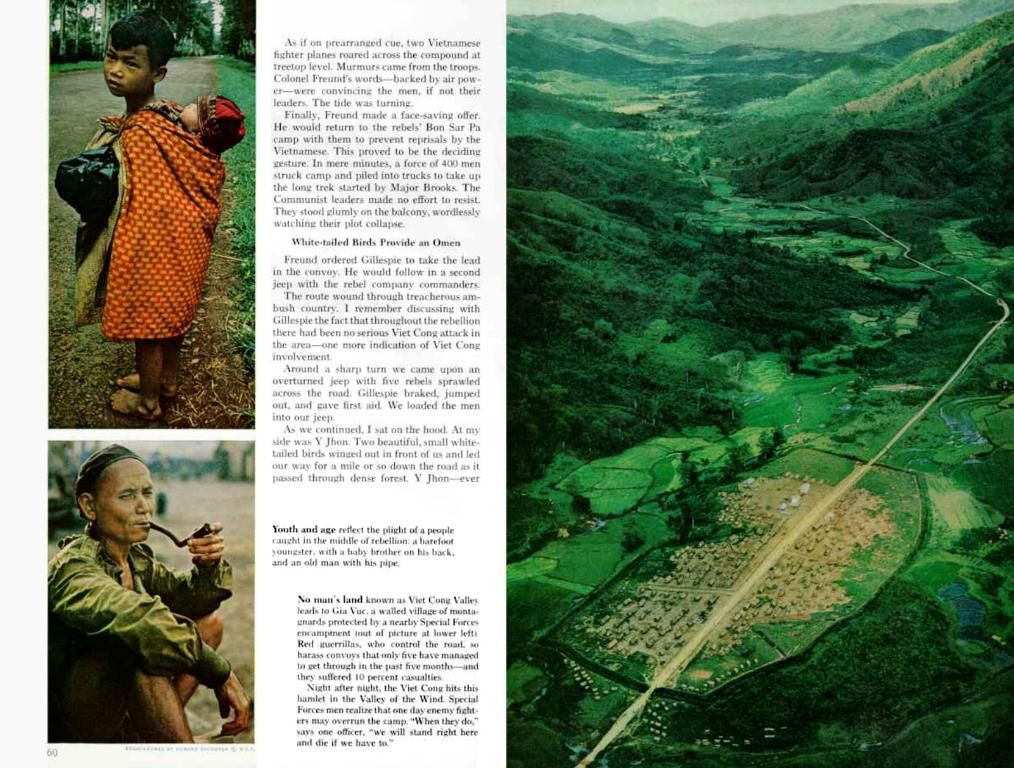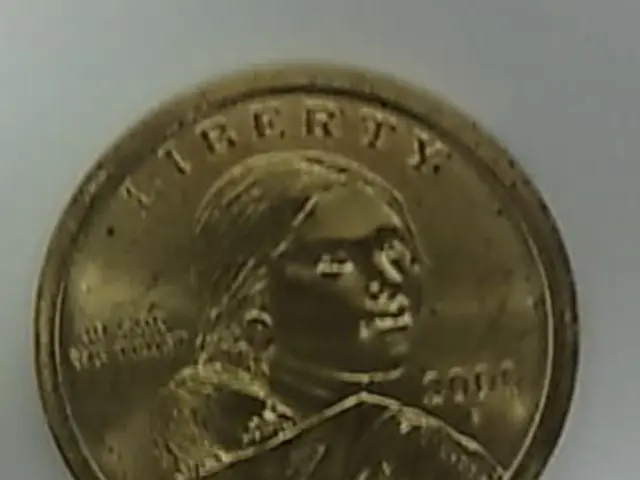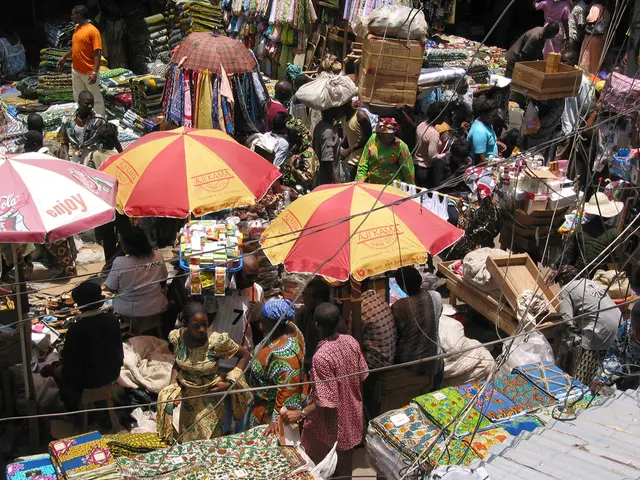Loosening the Iron Grip: Uzbekistan's Journey Towards WTO Membership
Uzbekistan actively pursuing WTO membership approval
In a bold move to modernize the nation, President Shavkat Mirziyoyev has set Uzbekistan's sights on joining the World Trade Organization (WTO) by 2026. This ambitious goal, though challenging, could reshape Uzbekistan as a global trading powerhouse.
The path towards WTO membership requires a series of negotiations involving a "working party" that assesses the qualifications of each aspiring member. Since 1994, a working party has been scrutinizing Uzbekistan's credentials, but progress has been sluggish due to strict economic and political control maintained under the previous regime. With Mirziyoyev at the helm since 2016, Uzbekistan has moved towards economic liberalization in a bid to meet WTO standards.
To make the leap towards WTO membership, Mirziyoyev signed a decree on June 3, 2023, outlining broad economic reforms. One of the most influential reforms concerns the censorship of information, a long-standing issue ever since Uzbekistan gained independence from the former Soviet Union in 1991.
The decree paves the way for a dramatic shift in Uzbekistan's information environment, instructing the Ministry of Digital Technologies to develop procedures enabling telecom operators and internet service providers to tap into global internet networks by October 1, 2023. However, the government retains the authority to require providers to share users' usage and search data. Notably, this liberalization of internet access is experimental, setting the stage for potential further changes down the line.
The push for WTO membership could deliver significant shocks to Uzbek companies, with several reforms on the horizon. One such change involves the phasing out of export subsidies, which is envisioned to take effect as early as January 1, 2025. Additionally, the decree targets transparency in public procurement and brings customs duties, fees, and costs into compliance with WTO standards.
To ensure the reforms' successful implementation, Mirziyoyev established an interdepartmental working group to report on progress each month. Prime Minister Abdulla Aripov has been tasked with overseeing the reforms' execution.
Uzbekistan's Progress and Challenges in WTO Accession
Uzbekistan is making significant strides in the WTO accession process, meeting regularly with the working group and finalizing negotiations with 24 out of 33 countries[1][2][3]. The country has also implemented numerous legal and institutional reforms to align its national legislation with WTO requirements, such as the adoption of new laws, institutional changes, and the removal of exclusive rights from state-owned enterprises[1][2][3].
However, challenges remain, particularly in addressing longstanding issues of information censorship and economic control. The success of Uzbekistan's WTO accession journey will rely on the continued implementation of reforms in these areas while demonstrating commitment to free and fair trade practices to fellow WTO members.
Contemporaneous Sources:1. BERI, Cato Institute. (2023). Uzbekistan's journey to the World Trade Organization. The Cato Institute.2. Sher, I. (2023). Why Uzbekistan's WTO accession matters for Central Asia. Europe's Edge. ECFR.3. Myles, R. P. (2023). An analysis of Uzbekistan's World Trade Organization membership prospects. National Bureau of Asian Research.
- The shifting sands of Uzbekistan's information environment, once marred by censorship, are opening up with the liberalization of internet access, a significant step in line with World Trade Organization (WTO) standards.
- The journey towards WTO membership is not only reshaping Uzbekistan's economy but also its political landscape, as the country grapples with the transformation from strict economic and political control to the free and fair trade practices demanded by the WTO.
- Amidst the strides in WTO accession, concerns about longstanding issues such as environmental regulations, health standards, and technology policies have emerged, potentially impacting Uzbekistan's future as a global trading powerhouse and its relationship with other countries in the WTO.







